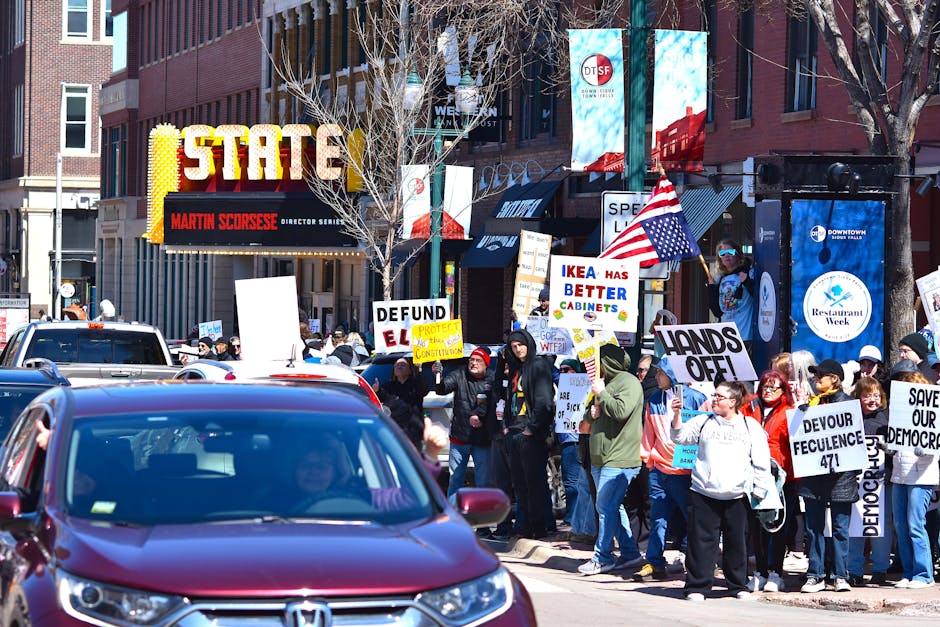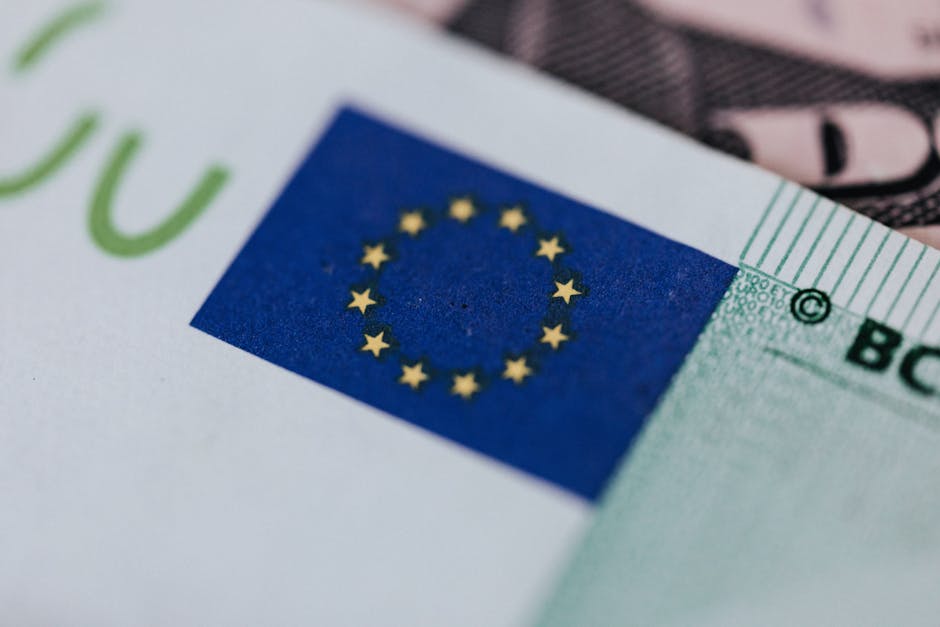Kenya’s Ruto on Protests, Power, and the State of Democracy
In a pivotal national address, Kenyan President William Ruto confronted the wave of protests shaking the country, the complexities of leadership, and the precarious state of democracy in Africa. His remarks arrive as Kenya faces mounting unrest fueled by economic hardship, corruption, and governance failures—leaving many to wonder: Is Ruto listening or tightening his grip?
The Protests: A Nation’s Frustration Erupts
Kenya has witnessed escalating protests led by Gen Z activists and opposition groups. Initially sparked by the contentious Finance Bill 2024—which proposed tax hikes—the movement has since broadened into calls for accountability, economic relief, and an end to corruption. Authorities’ heavy-handed response, including live ammunition against demonstrators, has drawn global condemnation.
Ruto, once a protest leader himself, now walks a tightrope. While acknowledging citizens’ frustrations, he warned against what he termed “anarchy”:
“Every Kenyan has the right to protest, but we must distinguish between peaceful dissent and violent chaos,” he asserted. “My government is open to dialogue, but we will not tolerate attacks on institutions.”
Critics accuse Ruto of dismissing protesters as “criminals” while failing to address systemic issues. The lethal police crackdown has further eroded trust, with many fearing a return to Kenya’s repressive past.
Power and the Paradox of Leadership
Elected as a “hustler” championing the poor, Ruto now faces accusations of betraying his base. Despite promises of reform, Kenyans grapple with soaring living costs, unemployment, and corruption scandals.
Defending his record, Ruto argued:
“Reform takes time. We are rebuilding an economy left in shambles with transparency and accountability.”
Yet protesters remain unconvinced. The withdrawal of the Finance Bill—a rare retreat—was seen as a win for public pressure, but skepticism lingers over whether this signals real change or a tactical pause.
Kenya’s Democracy in the African Context
Kenya’s crisis mirrors wider democratic backsliding in Africa, where leaders often tout democratic values while suppressing dissent. Ruto’s approach—balancing dialogue with crackdowns—highlights this tension.
“The test of democracy is how leaders respond when challenged,” noted political analyst Njeri Kinyanjui. “Ruto’s next steps will decide whether Kenya strengthens democracy or descends into repression.”
What’s Next for Kenya?
The path forward hinges on Ruto’s actions. Protesters demand tangible reforms—lower taxes, anti-corruption measures, and justice for police brutality victims. While Ruto’s rhetoric suggests openness, his government’s response will reveal its true priorities.
One reality is undeniable: Kenya’s youth have found their voice. The question now is whether Ruto will heed their call or deepen the divide.




